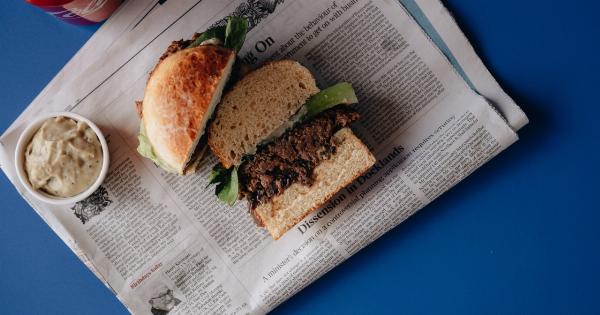As the science of nutrition continues to evolve, so do the recommendations for what we should be eating and drinking. Here are some of the latest recommendations for some of the most popular food and drink items:.
Coffee
Coffee has been a topic of much controversy in recent years. Some studies have suggested that coffee may have health benefits, while others have linked it to negative health outcomes.
According to the latest research, moderate coffee consumption (up to 3-4 cups per day) is generally safe for most people.
Coffee is a good source of antioxidants and may even have some protective effects against certain types of cancer and neurological diseases.
However, it’s important to keep in mind that coffee is a stimulant and can interfere with sleep if consumed later in the day.
Pregnant women should also exercise caution, as high levels of caffeine intake have been linked to negative pregnancy outcomes.
Sugar
Sugar is a controversial topic in the world of nutrition. While it does provide energy and can make food taste better, too much of it can lead to negative health outcomes like obesity, type 2 diabetes, and heart disease.
The latest recommendations suggest that we should be limiting our added sugar intake to no more than 10% of our daily calorie intake.
This means that if you consume 2,000 calories per day, no more than 200 of those calories should come from added sugars.
To reduce your sugar intake, try cutting back on sugary drinks like soda and sports drinks, and opt for water or unsweetened beverages instead.
You should also be on the lookout for hidden sources of sugar in packaged foods, like sauces, dressings, and breads.
Salt
Like sugar, salt is an essential part of our diets, but too much of it can have negative health consequences. High salt intake has been linked to high blood pressure, which is a major risk factor for heart disease and stroke.
The latest recommendations suggest that we should be consuming no more than 2,300 milligrams of sodium per day. However, for certain populations like people with high blood pressure or kidney disease, this number may be even lower.
To reduce your salt intake, try using herbs and spices to add flavor to your food instead of salt. You should also be mindful of packaged foods, which often contain high amounts of sodium.
Fat
Fat has long been demonized as a dietary villain, but the latest research shows that not all fats are created equal. In fact, some types of fat are actually good for us.
The latest recommendations suggest that we should be focusing on consuming more unsaturated fats (like those found in nuts, seeds, and oily fish) and less saturated and trans fats (like those found in red meat and processed foods).
It’s important to keep in mind that while fat is an essential part of our diets, it is also high in calories. This means that we should still be mindful of our overall calorie intake, even if we are focusing on consuming more healthy fats.
Alcohol
Alcohol is a popular social lubricant, but it can also have negative health consequences if consumed in excess. High alcohol intake has been linked to a variety of health problems, including liver disease, heart disease, and certain types of cancer.
The latest recommendations suggest that we should be consuming no more than one drink per day for women and two drinks per day for men. A standard drink is considered to be 12 ounces of beer, 5 ounces of wine, or 1.5 ounces of hard liquor.
It’s also important to keep in mind that alcohol is high in empty calories and can contribute to weight gain if consumed in excess.
For this reason, it’s important to be mindful of your overall calorie intake if you choose to consume alcohol.






























